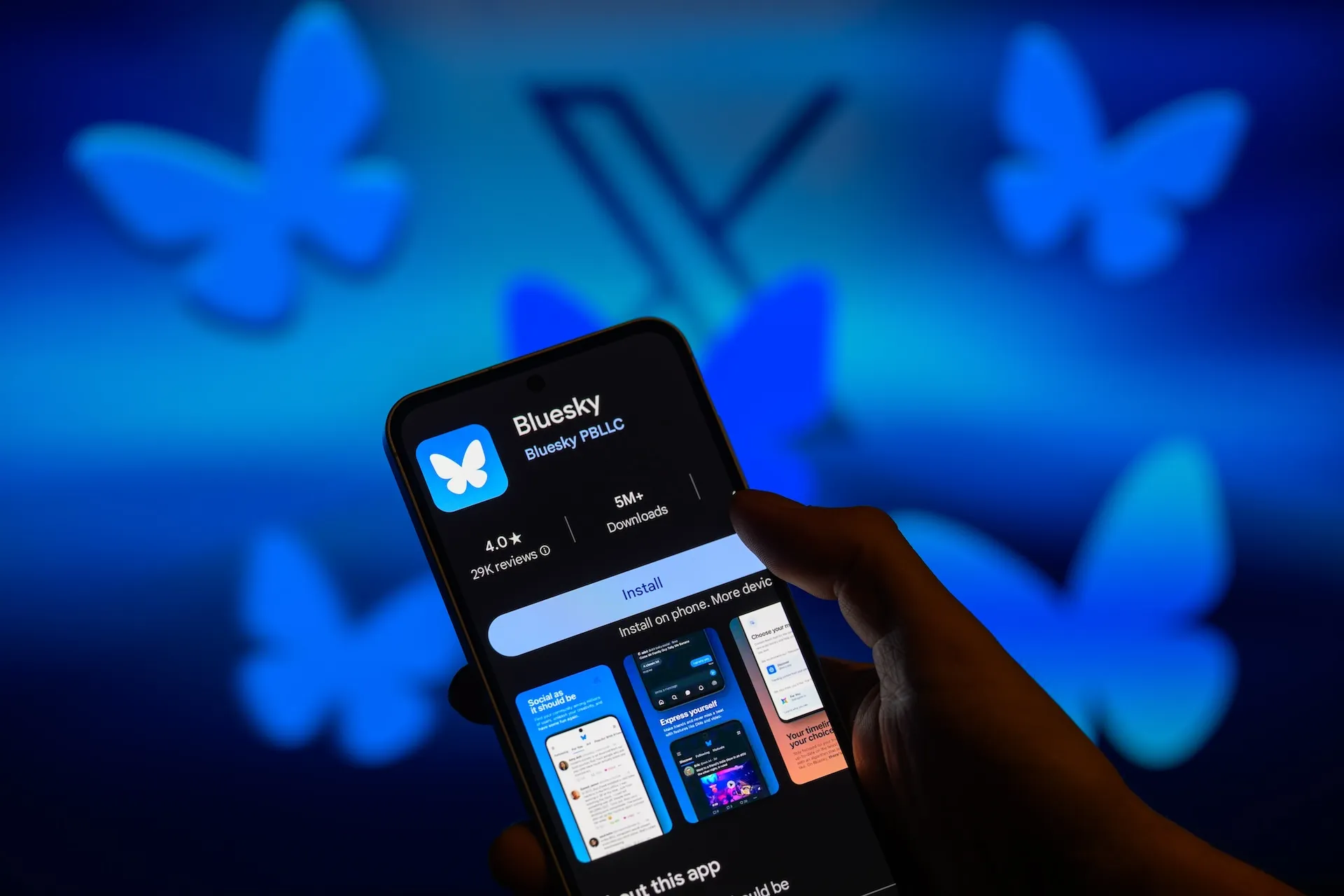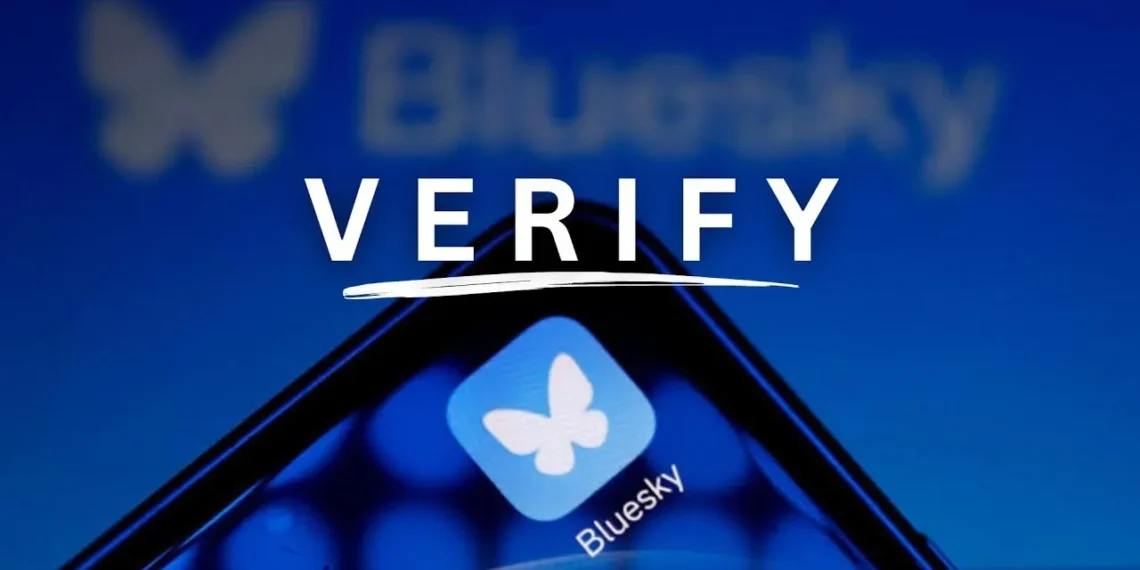Recently, Bluesky has seen an uptick in its celebrity and influencer user base, which has coincided with a rise in impersonation issues. To combat this, Bluesky’s Safety team revealed on Friday that the platform is adopting a “more aggressive” impersonation policy. The updated policy now promises swift action against impersonation and handle-squatting, ensuring such accounts are promptly removed.
The necessity for this stronger stance is underscored by the community’s confusion over real versus parody accounts, as observed in numerous user posts questioning the authenticity of profiles without clear indications. This issue is further amplified by the absence of a verified user badge system similar to that of Twitter, now known as X, which had shifted from a free verification model to a paid subscription.

Enhancing Trust Through Verified Domains
Instead of badges, Bluesky has leveraged verified domains in user handles as a trust signal, a method that allows users to recognize genuine affiliations—for instance, profiles featuring the “bsky.team” domain are acknowledged as officially connected with Bluesky. This system also supports the platform’s initiative to assist organizations and prominent figures in establishing their verified domain handles, ensuring a layer of authenticity that is crucial in the digital age.
Moreover, the company is clear about the rules surrounding parody and fan accounts, which are permitted as long as they are explicitly labeled in the display name and bio to prevent any misleading representations.

Future Directions in Verification
Bluesky’s CEO, Jay Graber, highlighted that the platform is not only enhancing its current verification processes but is also exploring partnerships that would allow other applications or organizations to offer their own verification services. This could potentially create a more robust ecosystem of trust, where users can choose from multiple verification sources.
The Safety team at Bluesky has also acknowledged the community’s demand for more comprehensive verification methods beyond domain verification. In their recent updates, they expressed an active interest in exploring additional options to fortify account verification, promising to unveil these new features soon.

Bluesky’s commitment to refining its approach to verification and aggressively managing impersonation underscores its dedication to user safety and trust. As the platform continues to grow and attract high-profile users, these enhancements in verification processes are not just beneficial but essential for maintaining the integrity and reliability of the social media environment. With these steps, Bluesky is setting a precedent for other platforms, proving that proactive measures and community feedback are pivotal in evolving user verification standards.


